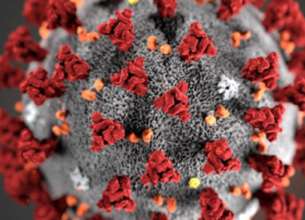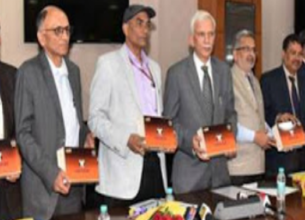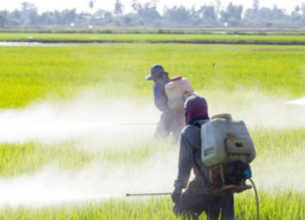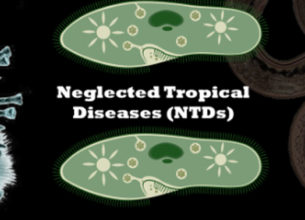NATIONAL FAMILY HEALTH SURVEY
24, Oct 2019

Prelims level : Science & Technology
Mains level : GS-II Issues relating to development and management of social sector or services relating to Health.
Why in News?
- Demographers from around the world gathered in Delhi recently to mark 25 years of National Family Health Surveys (NFHS).
About:
- The Ministry of Health and Family Welfare (MOHFW) has designated the International Institute for Population Sciences (IIPS) Mumbai, as the nodal agency, responsible for providing coordination and technical guidance for the survey.
- NFHS is a large-scale, multi-round survey conducted in a representative sample of households throughout India. Four rounds of the survey have been conducted since the first survey in 1992-93.The funding for different rounds of NFHS has been provided by USAID, DFID, the Bill and Melinda Gates Foundation, UNICEF, UNFPA, and Ministry of Health and Family Welfare, Government of India.
- The survey provides state and national information for India on fertility, infant and child mortality, the practice of family planning, maternal and child health, reproductive health, nutrition, anaemia, utilization and quality of health and family planning services.
Goal of NFHS:
- To provide essential data on health and family welfare needed by the Ministry of Health and Family Welfare and other agencies for policy and programme purposes.
- To provide information on important emerging health and family welfare issues.
Highlights of NFHS-4 report:
- According to National Family Health Survey (NFHS)-4, 2015-16, one in every five Indians (both genders) is too thin with a BMI of less than 18.5, while every fourth male and second female is anaemic.
- The NFHS-4 highlighted that one in three women consume dark green leafy vegetables, chicken/meat/fish/eggs only once a week while one in two women do not consume fruits even once a week.
- The NFHS report also noted that one in five women however, consume aerated drinks weekly, one in 10 women consume fried food daily. Only one in 10 children aged 6-23 months receives an adequate diet.
- The Global Nutrition Report stated that India is facing a major malnutrition crisis as it holds almost a third of the world’s burden for stunting.
- The Global Nutrition report highlighted that 46.6 million children in India are stunted and India tops the list, followed by Nigeria (13.9 million) and Pakistan (10.7 million).
- The Global Nutrition report also noted that India also accounted for 25.5 million children who are wasted, followed by Nigeria (3.4 million) and Indonesia (3.3 million).
- Together with various governmental interventions, it is necessary to bring behavioural change to eradicate malnutrition from India. This necessitates educating the families about the need for nutrition.
















